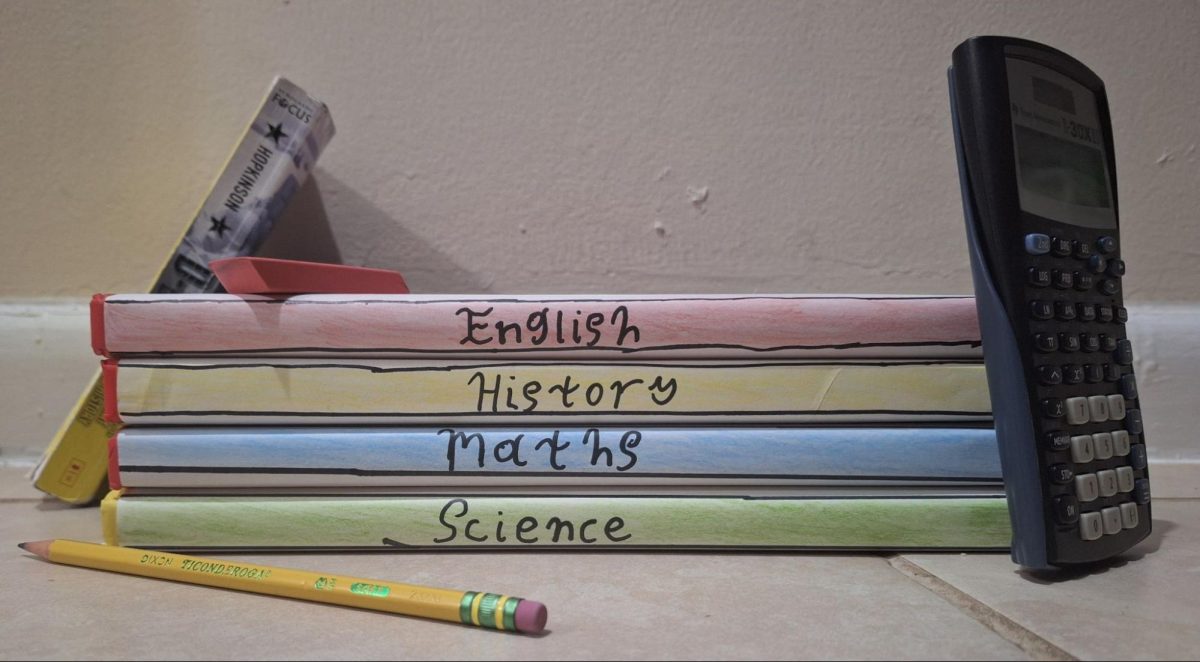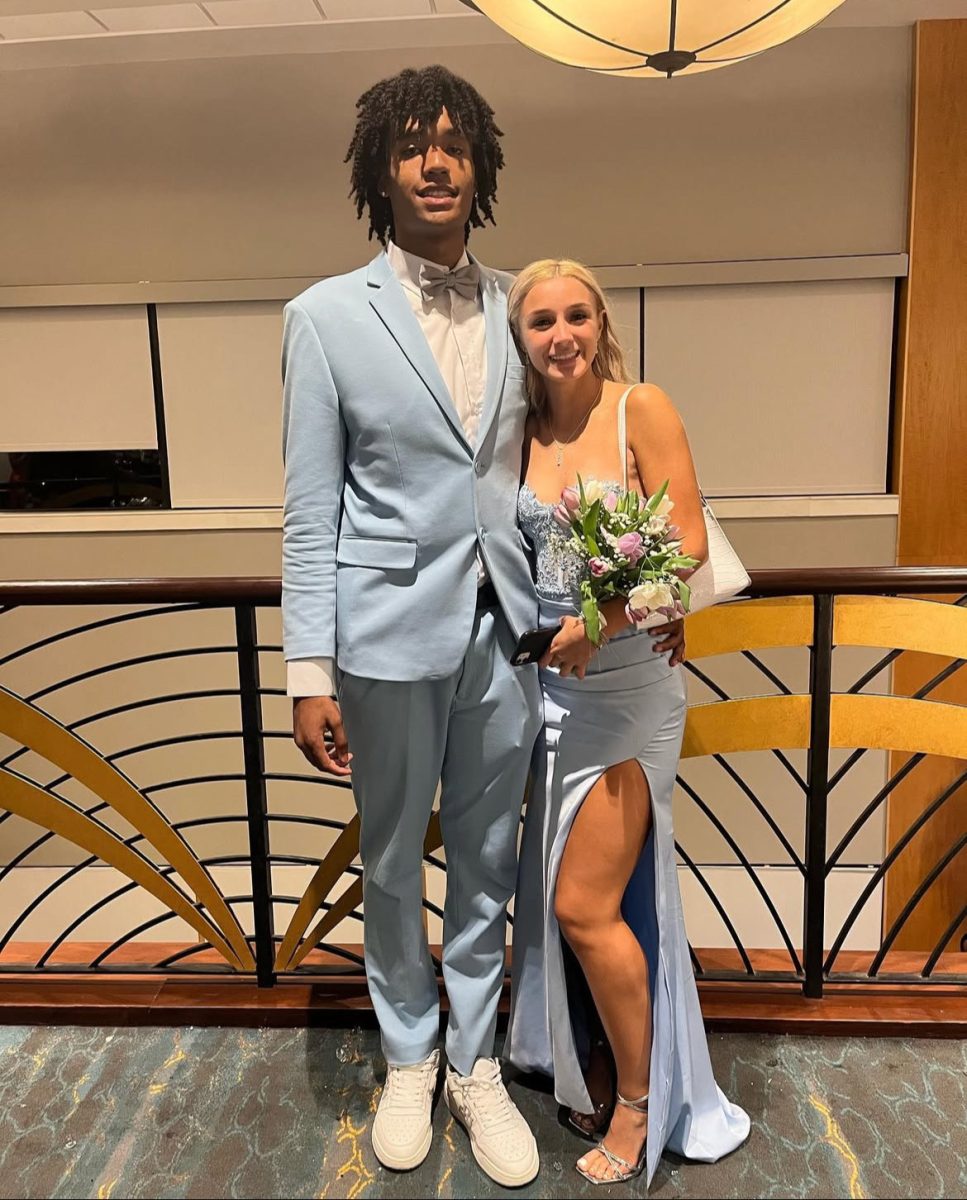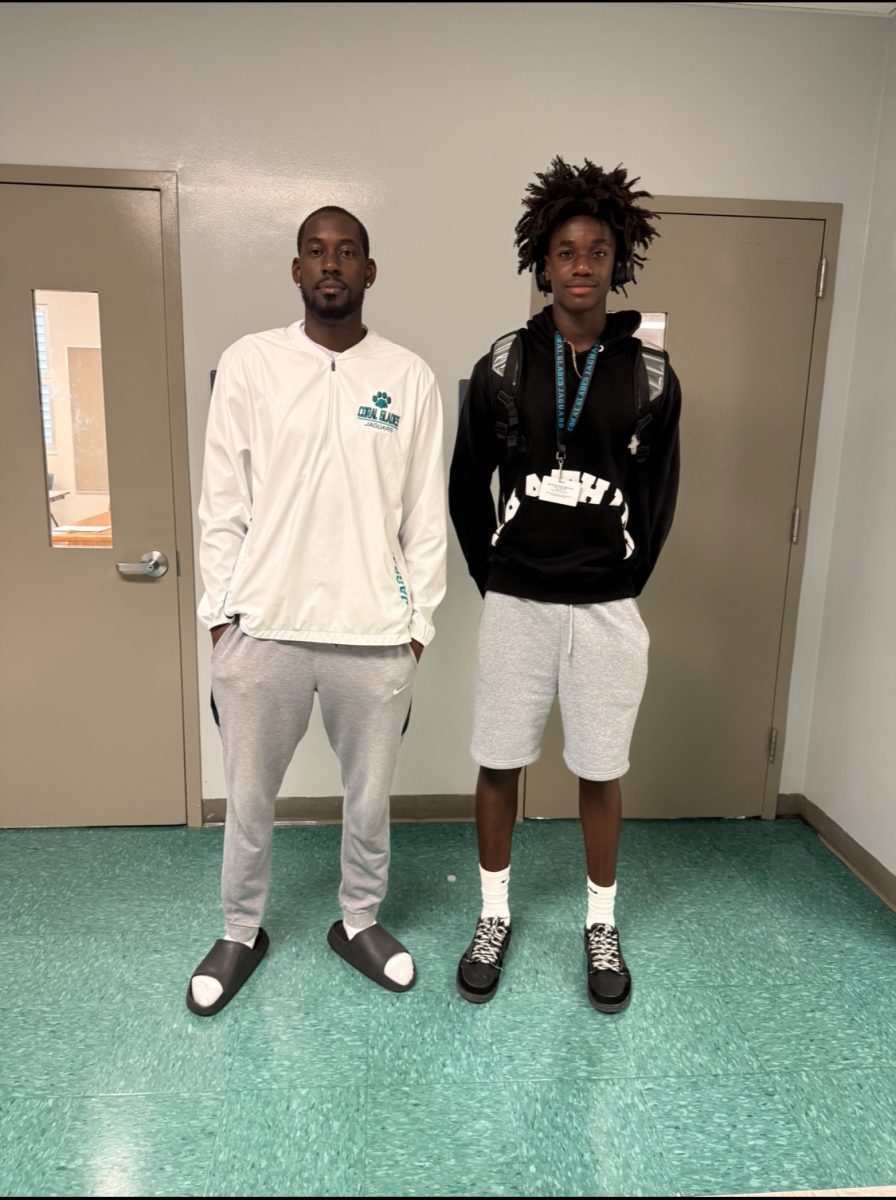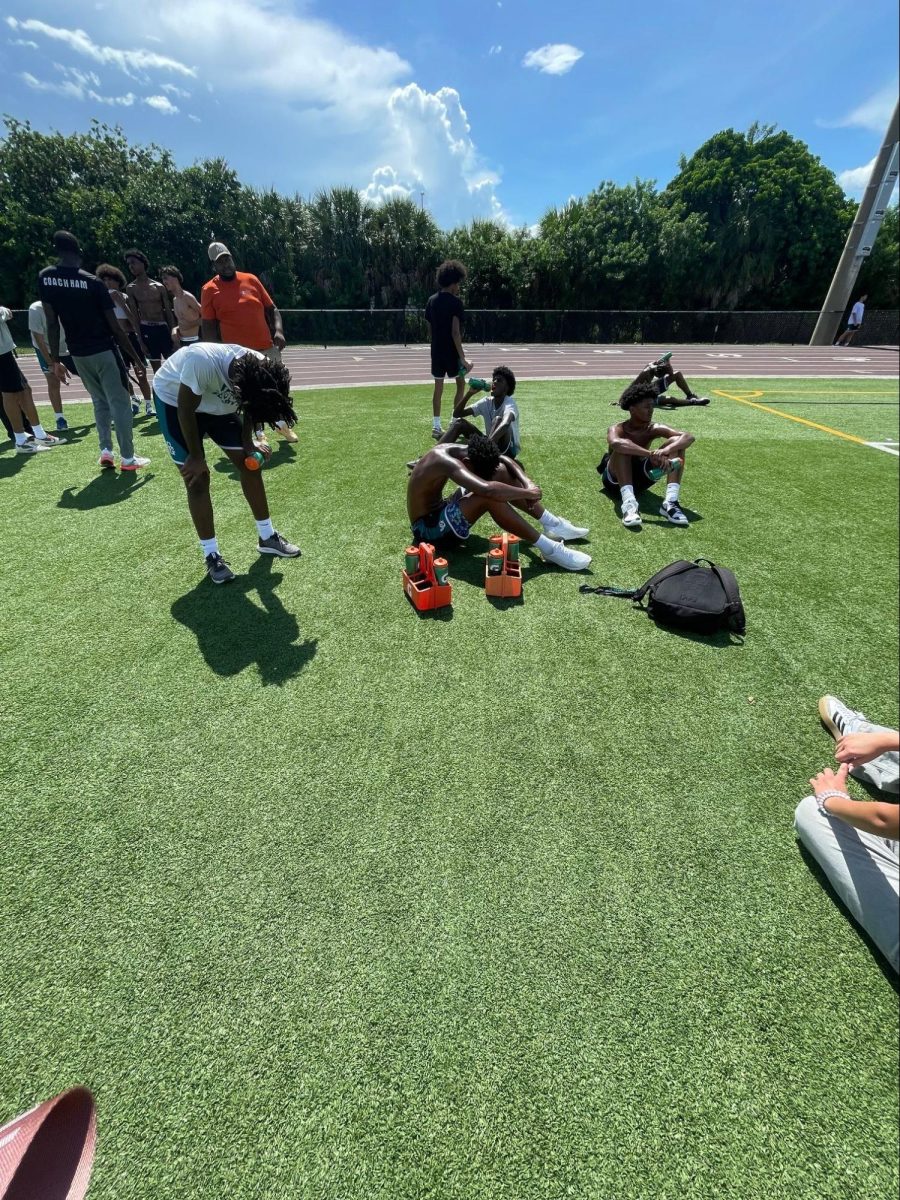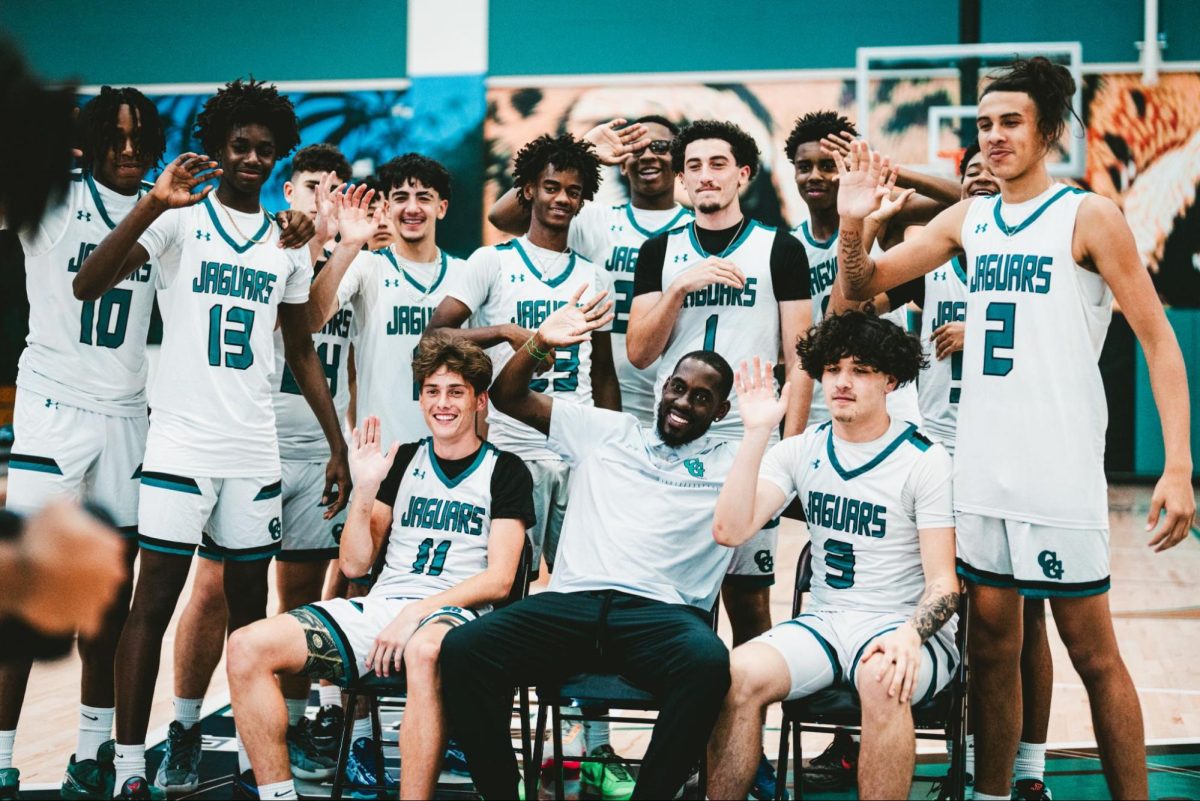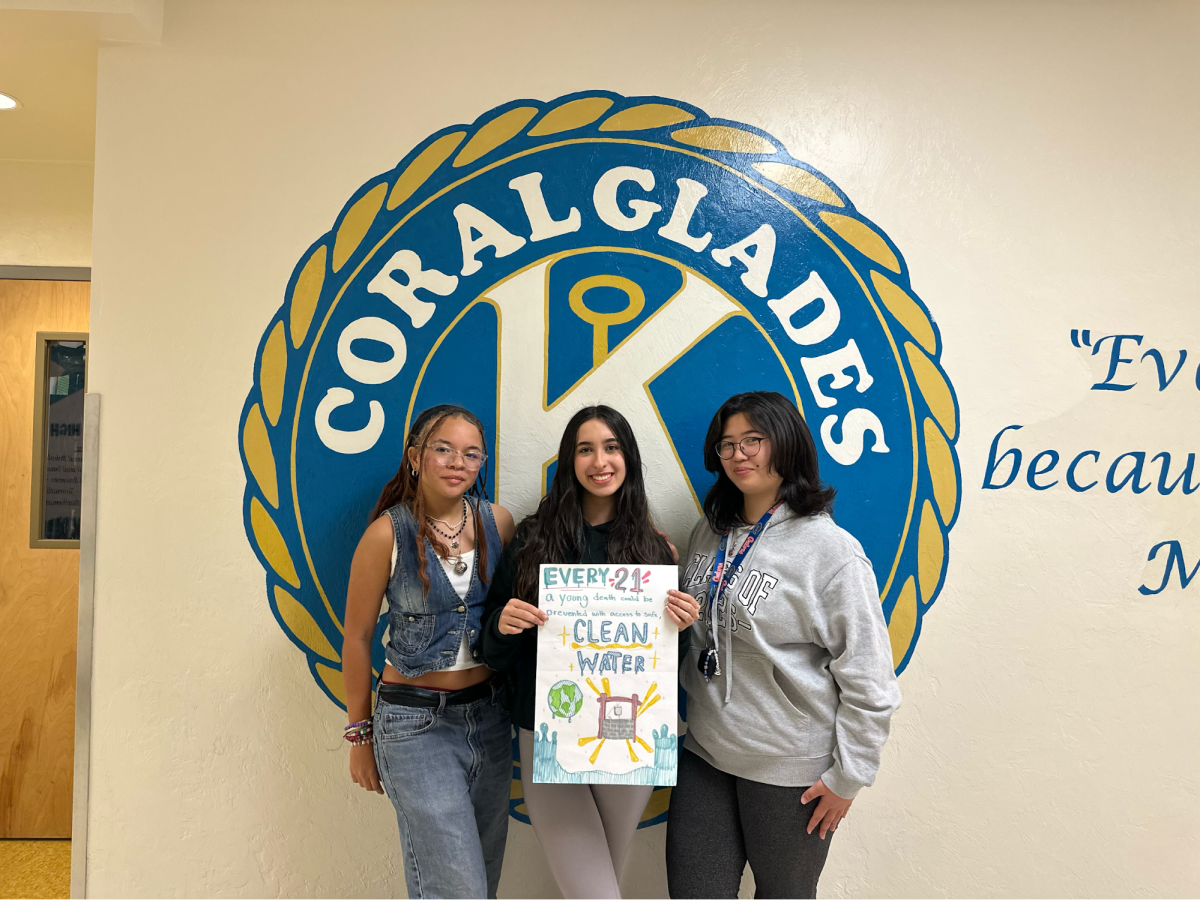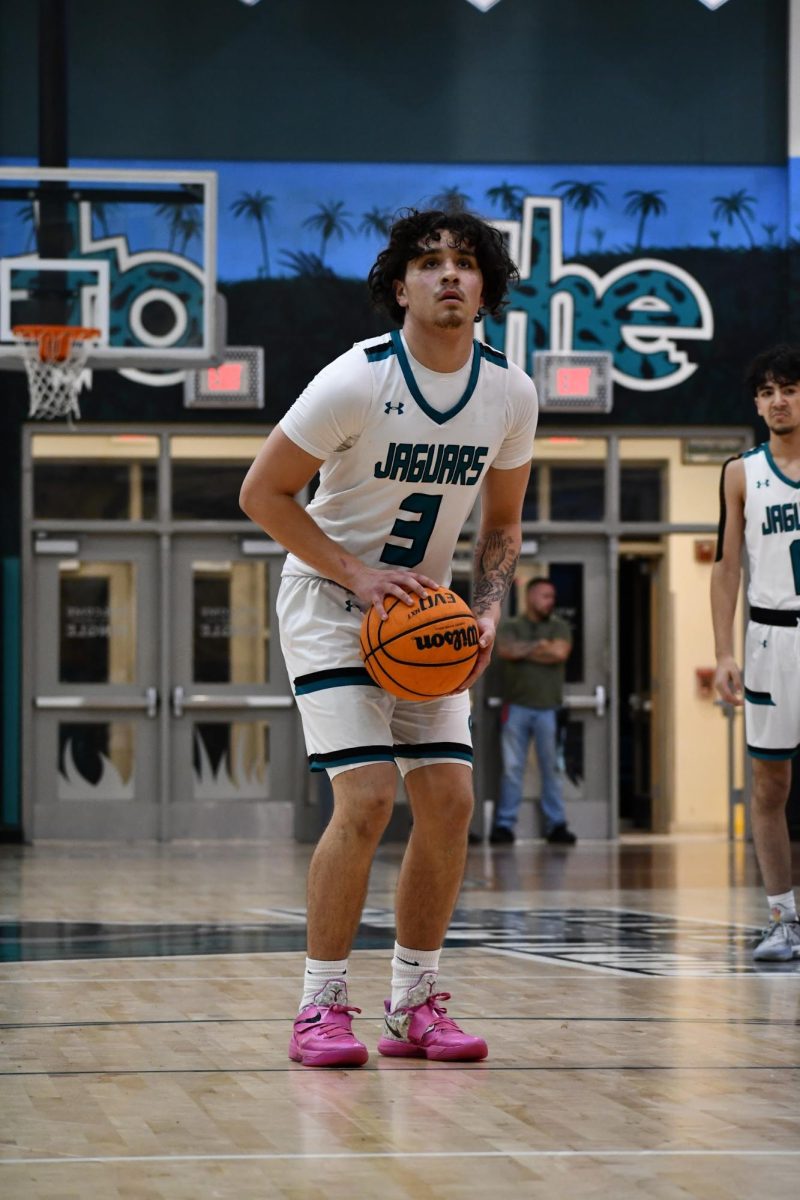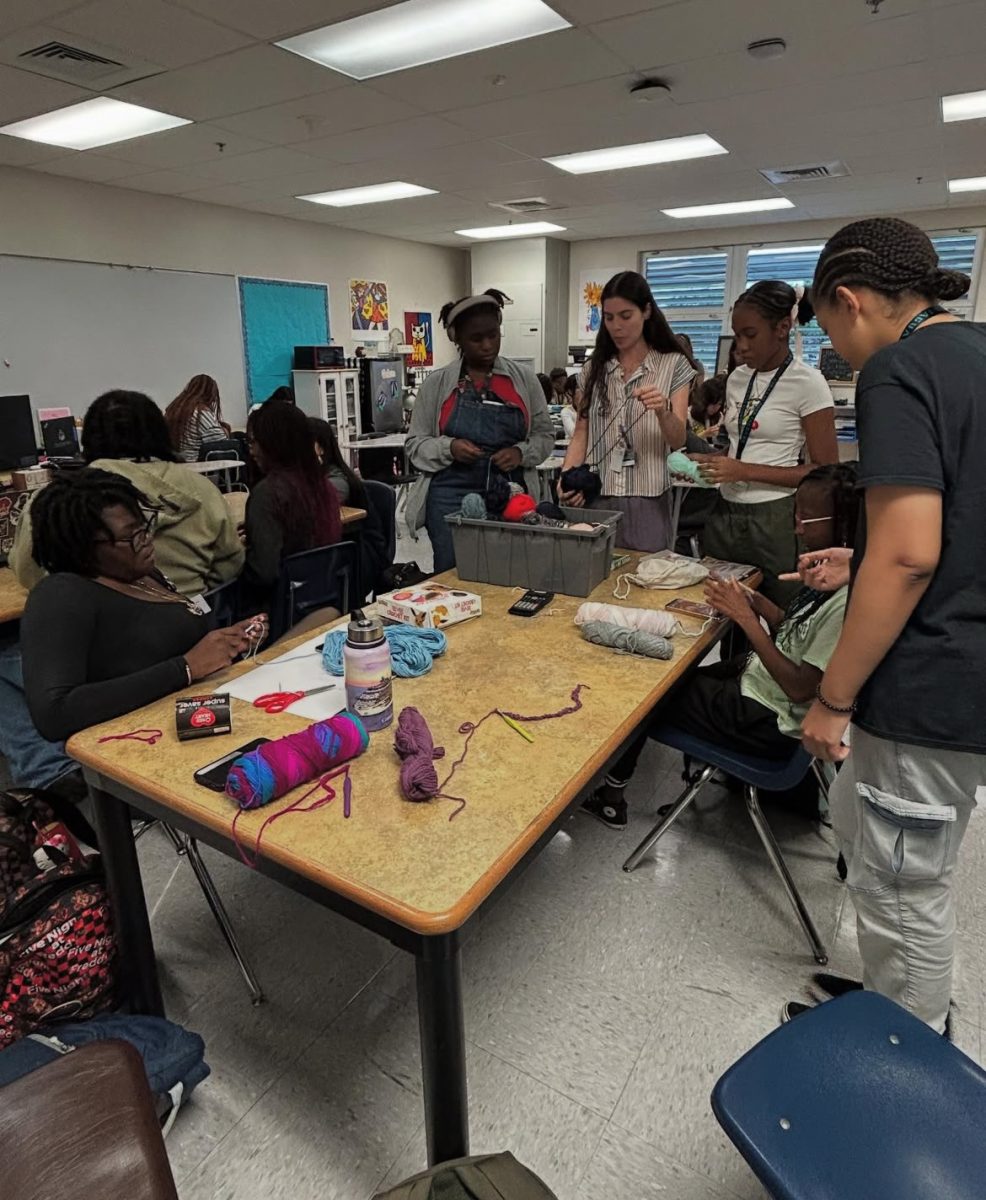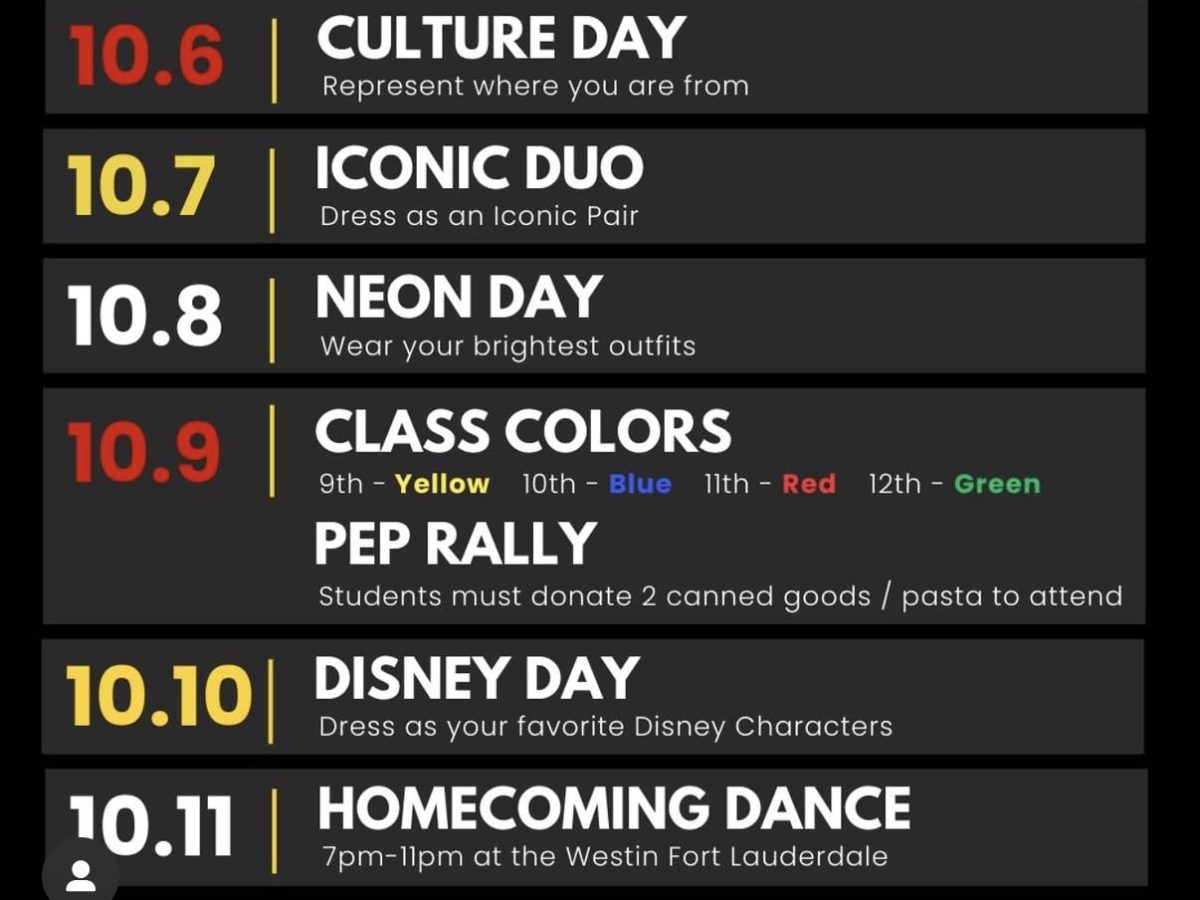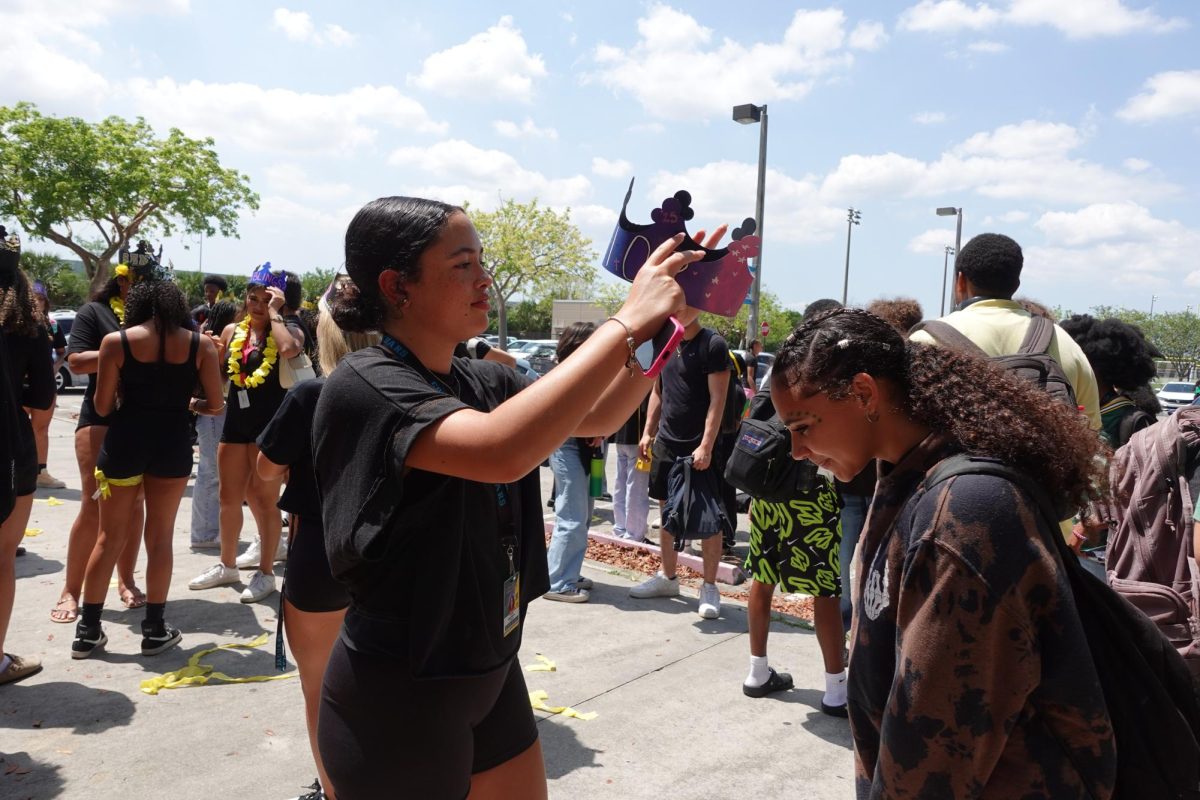Everyone talks about the transition from middle to high school, and the trials and tribulations that come with being a high school freshman, especially learning to make new friends and navigate a new environment. What a lot of people don’t think about, though, is the act of getting over the inexperienced chaos of the first year to becoming a fully fledged sophomore student.
Make no mistake, I went through a lot in my freshman year as well. Having to become accustomed to an entirely new school with teachers whom I didn’t know anything about and sitting with kids who were much bigger and older than me had a large influence on my ability to adapt and change with my environment. I learned lessons about work ethic, teacher expectations, and student behavior that have served me well in the time since.
“For me, one of the big things my first year of high school taught me was organization,” says Lauren Saddler, a sophomore. “There’s gonna be so much going on and so many assignments being thrown at you, that you need to stay organized or you’ll fall behind.”
“One of my teachers told me that you should never wait till the last minute because something always goes wrong,” says Aveline Harding, another 10th grader. “That lesson from freshman year has served me so well so far, and I’m thankful for it.”
But sophomore year was also important in the sense that I, having already figured out my place and learned the ropes of high school academics, had to begin to hone in on my goals and priorities that will shape the opportunities I will have and the decisions I will make in the future. I found myself in a situation where I became the example for students in the grade below me and was held up to higher standards in both my behavior and learning capabilities.
Once I had begun my sophomore year, I already had the strategies and experiences in my toolkit that would help me to reach my goals. One of the things I learned in my freshman year, for example, was to focus on the things that I had talent and passion for. I learned to stop trying to join a million different extracurriculars and instead center on the things that I knew would help me on my specific path. Once I was a sophomore, I practiced my writing by writing newspaper articles. I was taking time out of my leisure to work on my language skills and on my fundamental understanding of the world around me, which I felt worked toward what I wanted my future to look like.
The people I met and the contacts that I made in freshman year made it easier for me to know who to go to when I needed help or advice and—even though I’m sure everyone in the office knows me by name by now—I felt fulfilled by my ability to advocate for myself and use my independent power as a student to make choices and speak up when something doesn’t feel right.
Overall, the most important thing to know as a sophomore is that the excuses of freshman year don’t apply anymore. As a sophomore, your job is to use your experience to make the most of your abilities and keep those past lessons in mind, both when it comes to studying and social life. You are a young adult now. And unfortunately, it’s time to start acting like it.


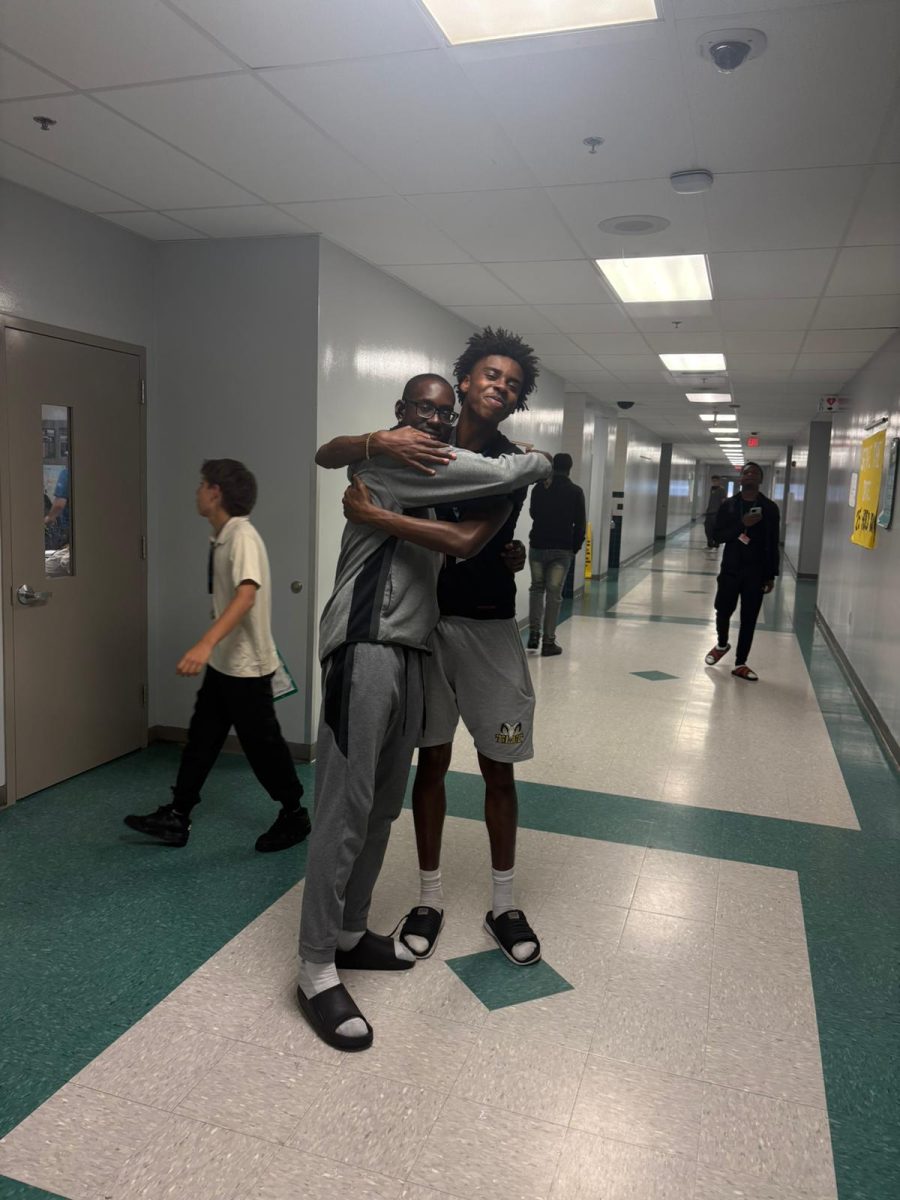


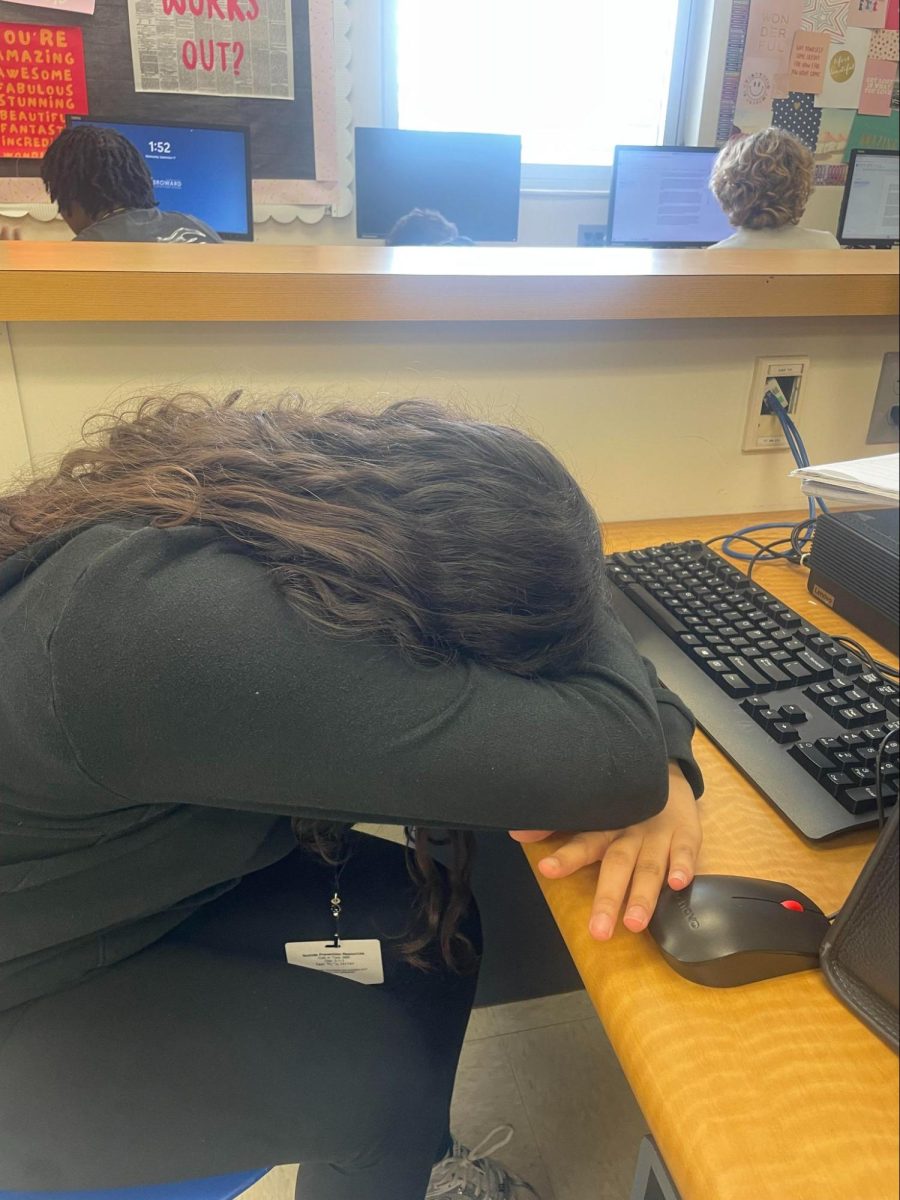


![[Photograph of an Italian sandwich] Photo Creds: https://www.thepioneerwoman.com/food-cooking/recipes/a42398453/italian-sandwich-recipe/](https://cghstheprowl.com/wp-content/uploads/2025/10/image1.png)






